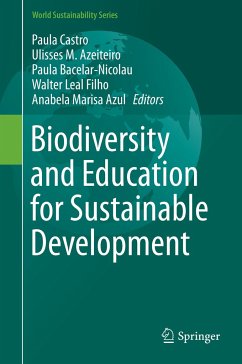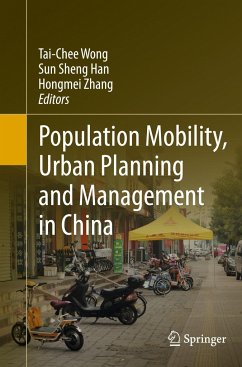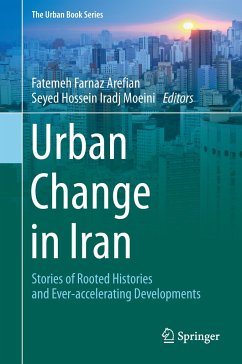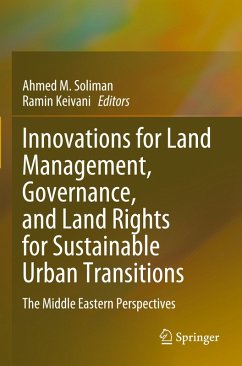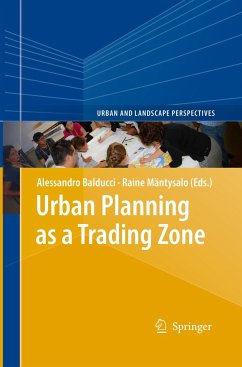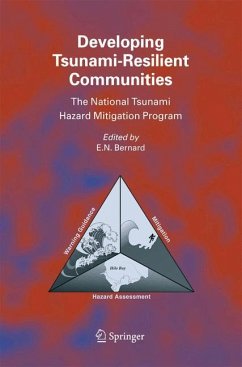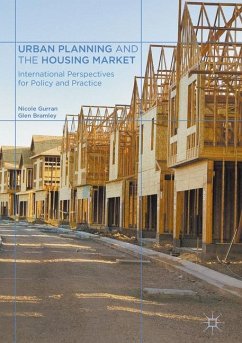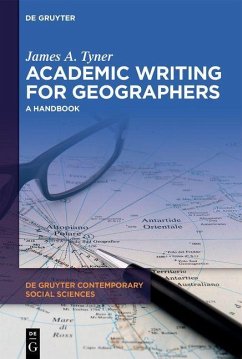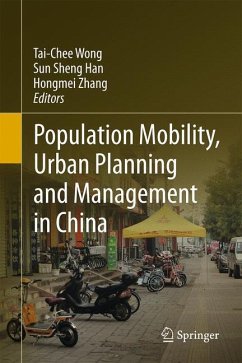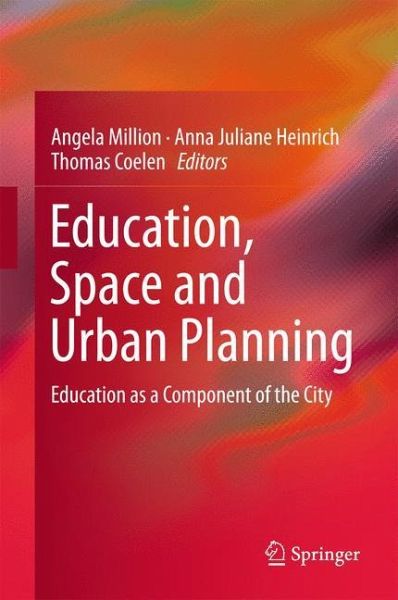
Education, Space and Urban Planning
Education as a Component of the City
Herausgegeben: Million, Angela; Heinrich, Anna Juliane; Coelen, Thomas

PAYBACK Punkte
38 °P sammeln!
This book examines a range of practical developments that are happening in education as conducted in urban settings across different scales. It contains insights that draw upon the fields of urban planning/urbanism, geography, architecture, education and pedagogy. It brings together current thinking and practical experience from German and international perspectives.This discussion is organised in four segments: schools and the neighbourhood; education and the neighbourhood; education and the city and finally, education and the region. Contributors cover a wide range of contemporary and signif...
This book examines a range of practical developments that are happening in education as conducted in urban settings across different scales. It contains insights that draw upon the fields of urban planning/urbanism, geography, architecture, education and pedagogy. It brings together current thinking and practical experience from German and international perspectives.
This discussion is organised in four segments: schools and the neighbourhood; education and the neighbourhood; education and the city and finally, education and the region. Contributors cover a wide range of contemporary and significant socio-political aspects of education over the last decade. They reinforce emergent thinking that space and its urban context are important dimensions of education.
This book also underscores the need for more research in the relationships between education and urban development itself. Current urban planning does not fully connect our understanding in education with what we know in the spatial and planning sciences. Accordingly, this release is an early attempt to bring together a growing body of integrated and interdisciplinary reflection on education theory and practice.
This discussion is organised in four segments: schools and the neighbourhood; education and the neighbourhood; education and the city and finally, education and the region. Contributors cover a wide range of contemporary and significant socio-political aspects of education over the last decade. They reinforce emergent thinking that space and its urban context are important dimensions of education.
This book also underscores the need for more research in the relationships between education and urban development itself. Current urban planning does not fully connect our understanding in education with what we know in the spatial and planning sciences. Accordingly, this release is an early attempt to bring together a growing body of integrated and interdisciplinary reflection on education theory and practice.





